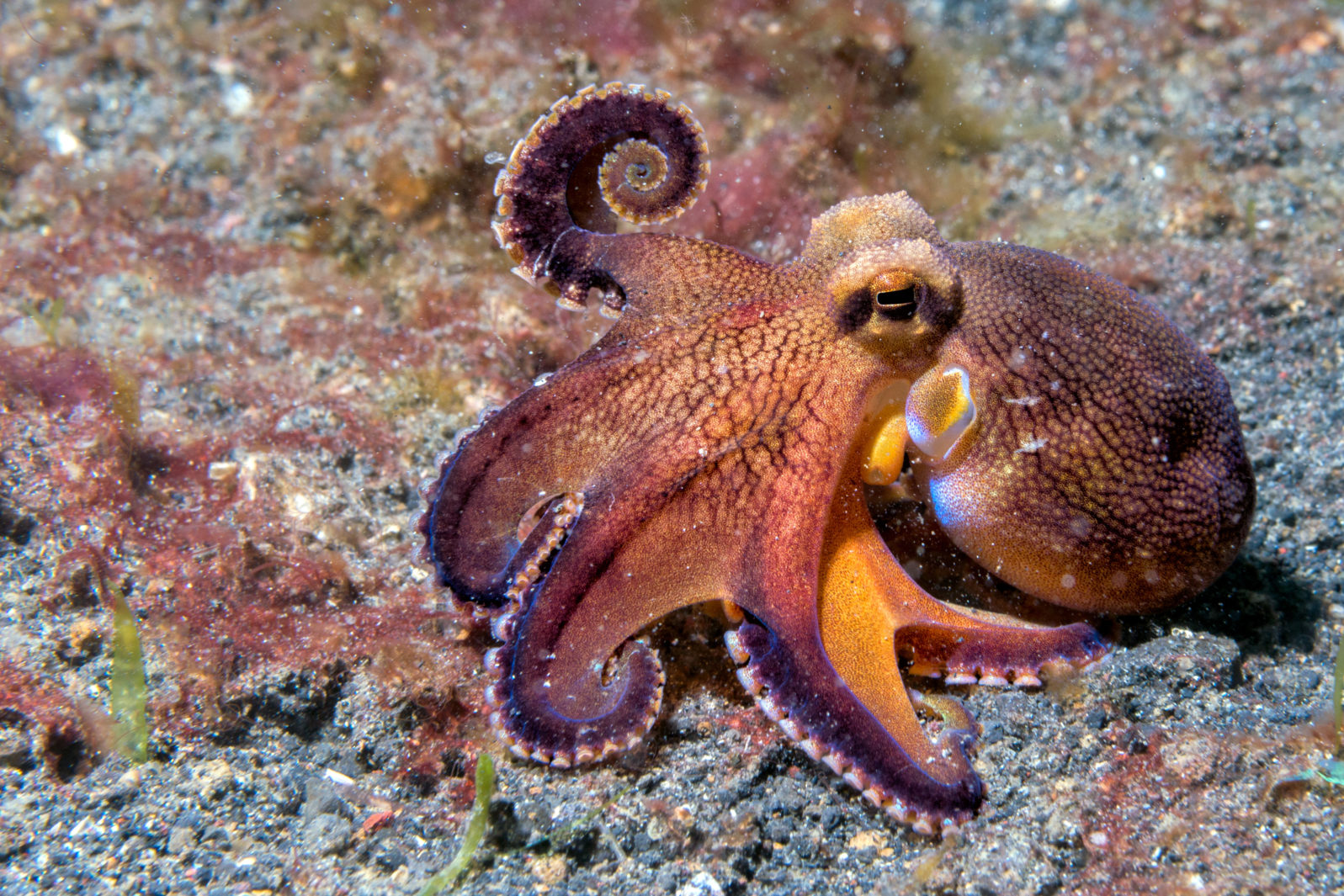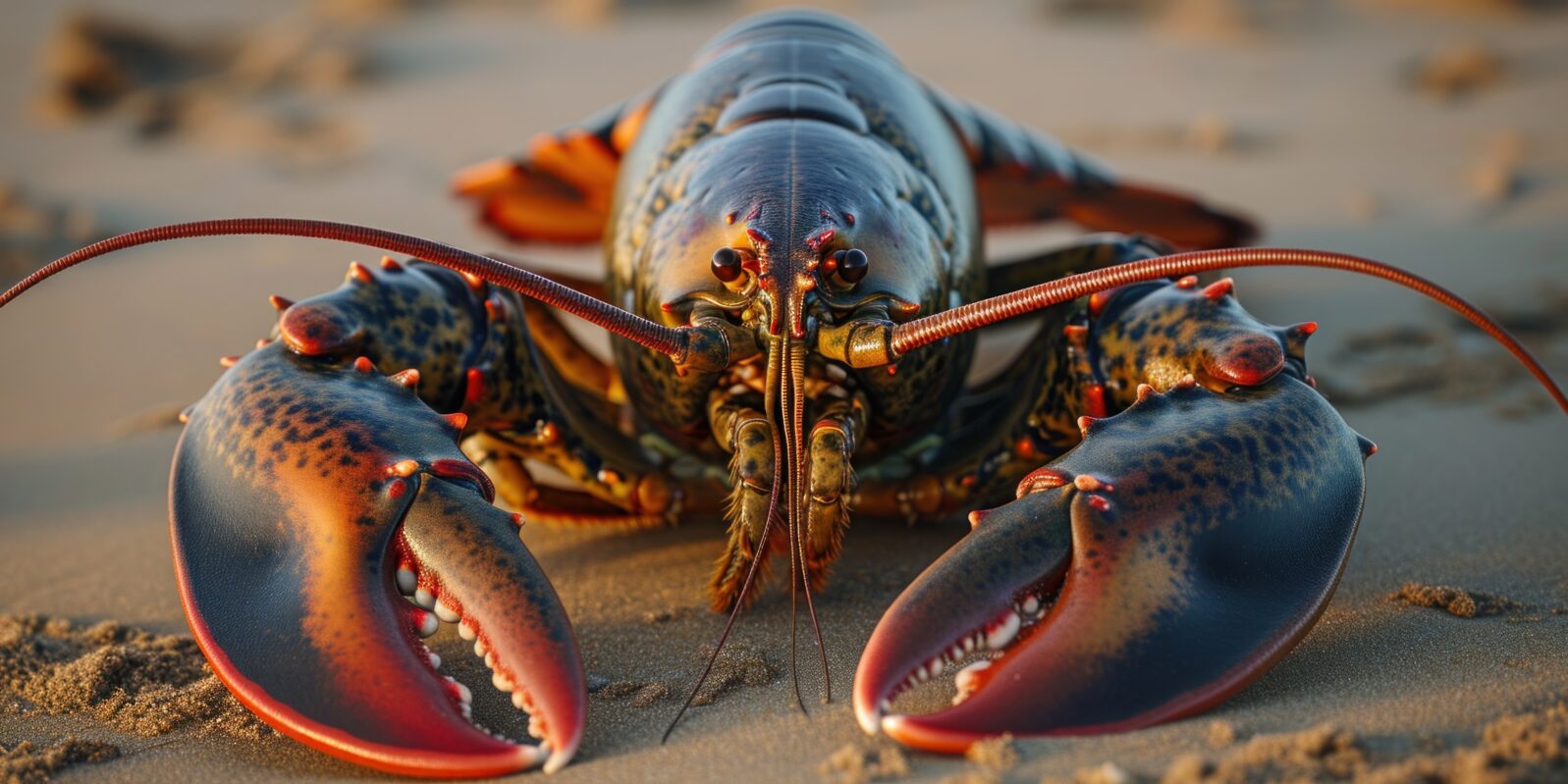What Does It Mean To Say That “Lobsters Are Conscious”?
The New York Declaration on Animal Consciousness, signed in April by 40 researchers, posits a “realistic possibility of conscious experience” in all vertebrates and many invertebratesConsciousness is still the “Hard Problem” in philosophy, at least where human beings are concerned. Trying to apply the concept systematically to other life forms sounds like a conceptual swamp in the making. But it definitely is in the making:
Nearly 40 researchers signed “The New York Declaration on Animal Consciousness,” which was first presented at a conference at New York University on Friday morning. It marks a pivotal moment, as a flood of research on animal cognition collides with debates over how various species ought to be treated.
The declaration says there is “strong scientific support” that birds and mammals have conscious experience, and a “realistic possibility” of consciousness for all vertebrates — including reptiles, amphibians and fish. That possibility extends to many creatures without backbones, it adds, such as insects, decapod crustaceans (including crabs and lobsters) and cephalopod mollusks, like squid, octopus and cuttlefish.
Evan Bush, “Scientists push new paradigm of animal consciousness, saying even insects may be sentient,” NBC News, April 19, 2024. The Declaration is here.

Part of that initiative makes a lot of sense and is long overdue, if only for humane reasons. In the past, judgements about consciousness have tended to be arbitrary. It was assumed, for example, that reptiles are not as smart as mammals and would, in that sense, be less conscious. But tests did not always confirm the intelligence difference. True, the brain is a high metabolic area and a reptile is handicapped by being exothermic (cold-blooded). But when he is warm enough to be metabolically active, we are taking a risk if we merely assume that he is stupid.
The remarkable, recently discovered, intelligence of the octopus, a short-lived solitary invertebrate, probably played a role in the current rethink about how we assess animal consciousness.
A focus on the ability to feel things?
The new Declaration updates the Cambridge Declaration on Consciousness (2012) but is said to be worded more carefully. To judge from the academic positions of signatories, it focuses on the kind of consciousness we call “sentience,” the ability to feel things like pain and pleasure.
Philosopher Thomas Nagel pioneered this approach in a famous essay, “What is it like to be a bat?” (1974). If there is something that it is like to be a bat, then the bat is — to that extent — conscious. Reversing the thrust, if there is nothing that it “is like” to be a sea sponge, then the sea sponge is not sentient and thus not likely conscious. Thus, sentience can, in principle, be distinguished from complexity of biological organization, which is useful if we are asking whether a life form needs protection from cruel treatment.
Some predict that new ethical dilemmas are bound to arise:
But the consequences of bestowing the label of “conscious” onto a wider array of animals — particularly animals whose interests we are not used to considering — are not straightforward. For example, our relationship with insects may be “inevitably a somewhat antagonistic one,” Godfrey-Smith said. Some pests eat crops, and mosquitoes can carry diseases. “The idea that we could just sort of make peace with the mosquitoes — it’s a very different thought than the idea that we could make peace with fish and octopuses,” he said.
Dan Falk, “Insects and Other Animals Have Consciousness, Experts Declare,” Quanta, April19, 2024
But it’s not clear how big a problem that will really be. Food producers routinely shoot herbivores that damage their crops even though they concede that they are sentient and maybe even intelligent in the problem-solving sense. It’s a question of priorities.
Onslaught of new claims
However, we can definitely expect an onslaught of new claims for the mental life of a variety of life forms. For example, at Nautilus, filmmaker Craig Foster, best known for My Octopus Teacher (2020) tells us about falling in love with a fly, asking “It’s one thing to fall in love with creatures we consider regal, clever, or sweet, but what about those we’ve learned to swat away?” Well, here’s something we might anticipate: It is likely to be a short-lived, one-way relationship.

Similarly, we learn at Phys.org that “honeybees join humans as the only known animals that can tell the difference between odd and even numbers.” But that, of course, confuses the bee’s (likely) genetically based ability to react to the difference with the human’s abstract understanding of the mathematical significance of the distinction. If bees had the capacity to abstract, many bees would individually be designing countless varieties of miniature machines.
And, of course, we are assured in a recent paper that fungi show a “fungal mind” in that they “exhibit spatial recognition, learning, and short-term memory.” At Quanta, we learn that even viruses live in communities “full of cheating, cooperation and other intrigues.”
The debt to eliminative materialism
It isn’t realistic to expect the current generation of researchers to grasp the significance of the fact that they are the ones formulating the ideas and studying the questions and that the flies, bees, fungi, and viruses are not. Science, remember, is supposed to explain away the human mind (eliminative materialism) — if not today, then surely tomorrow or someday.
Much will be learned from a more careful analysis of the behavior of life forms, which will likely turn up many more instances of unexpected sentience and skill. But we also will have to put up with a good deal of silliness along the lines of, say, “Lobsters are people too!”
A bigger problem, of course, is the continuing refusal to see the difference between an inquiring human mind and the brain of a bee foraging for honey. In an age of animal rights and nature rights, that will be costly for human rights.
